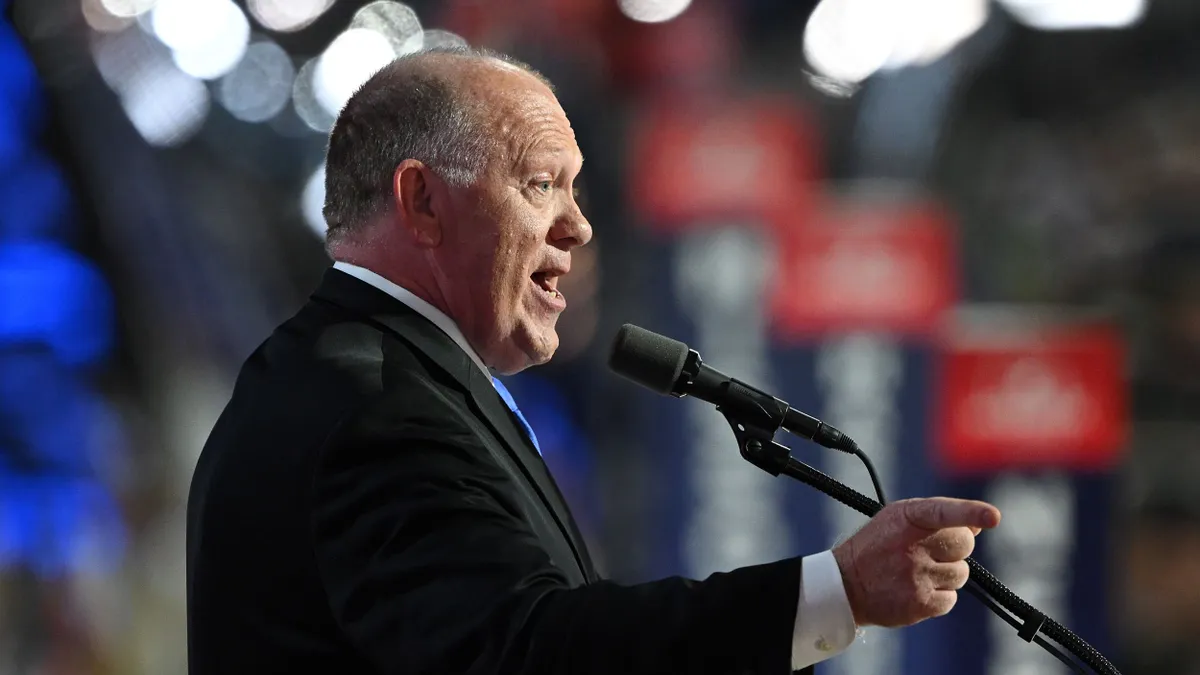HR professionals should audit their Form I-9s before President-elect Donald Trump’s inauguration, experts recommended in a Nov. 21 webinar.
Uncertainty abounds regarding the second Trump administration’s priorities, “but one certainty … is enforcement of I-9 regulations and processes,” said David Adams, counsel at Cozen O’Connor. “I-9 audits are coming. That is a guarantee.”
Best practices
Employers must have all new hires complete Form I-9 and maintain those records, the webinar presenters explained. And while the form may appear straightforward, mistakes are common, they said.
That becomes a problem when the federal government arrives to conduct an audit; officials have been very serious about the details, they said.
To head off enforcement actions, employers should conduct Form I-9 self-audits, they suggested, and transparently correct any mistakes. That includes correcting dates, adding missing documentation and more — all with diligent notes about the fix.
“If you go through an I-9 audit by the government, your fines will be less if you show effort that errors were identified and previously corrected, as opposed to falsifying documents,” Adams said.
Enforcement predictions
Employers should conduct these reviews immediately, Adams urged: “Don't wait until January.”
“If you don't have a strong and consistent and efficient I-9 program in place right now, that will be exposed under the new administration,” he said, in part because of Trump’s “border czar” Tom Homan, a former U.S. Immigration and Customs Enforcement director.
“He's going to potentially use the I-9 program to identify individuals that he thinks should not be in the United States anymore,” Adams said. “That is on the table.”
Even if the self-audit isn’t complete by January, enforcement officials who identify errors may look kindly on the fact that an employer was in the process of looking for and rectifying errors itself.
As for enforcement priorities, officials are likely to start with companies that have had previous violations, Adams said. They likely also will prioritize industries that have historically had significant I-9 violations, he said, such as agriculture and hospitality. “They're going to go after those industries first and try to crack down on those immediately,” Adams said.













